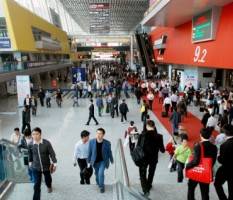May 19, 2013
Artists sing about office furniture. Part 1 – Harry Nilsson
[embedplusvideo height=”230″ width=”200″ standard=”https://www.youtube.com/v/yOmZeXIVqTk?fs=1″ vars=”ytid=yOmZeXIVqTk&width=200&height=230&start=&stop=&rs=w&hd=0&autoplay=0&react=1&chapters=¬es=” id=”ep1699″ /]
Given the complete and utter failure of the world’s artists to draw inspiration from office furniture, this is likely to be the shortest series we’ve ever run. It will start and end here. I’d love to be proved wrong but there cannot be many artists prepared to use something as mundane as a desk to express their feelings about the lack of solidity in their lives. In this case the desk can be interpreted as God or – well – a desk. Nilsson was no sap of course. He was one of the most commercially successful artists of his era without extensive touring and counted amongst his drinking buddies both John Lennon and Keith Moon.

























May 21, 2013
Artists sing about office furniture. Part 2 – My Chemical Romance
by Roger Carr • Comment, Furniture, Workplace design
[embedplusvideo height=”230″ width=”210″ standard=”https://www.youtube.com/v/BS2InBvlIto?fs=1″ vars=”ytid=BS2InBvlIto&width=210&height=185&start=&stop=&rs=w&hd=0&autoplay=0&react=1&chapters=¬es=” id=”ep8069″ /]
Roger Carr writes: I always like “Furniture music” by Bill Nelson’s Red Noise – but upon listening to it again it could be domestic furniture too. But “Cubicles” by “My Chemical Romance” is surely about the lonely disassociated world of the (unrequited) love sick office cubicle dweller.It’s a tough listen after Harry Nilsson’s desk related joy and his close personal relationship with either a lump of wood or God depending on your point of view, but the MCR track might possibly help to explain the rush to escape the cubicle.
(more…)